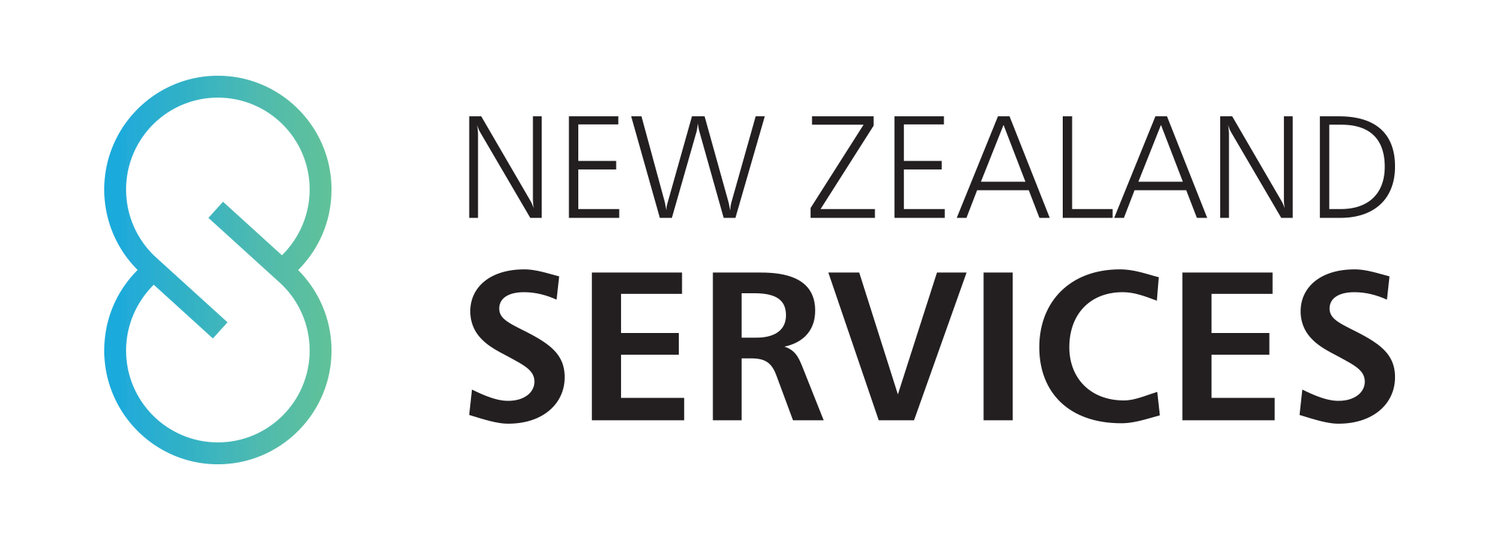Ethical Funds: An Accessible Stock Market Investment
In New Zealand, "responsible" investments that consider environmental, social, and corporate governance factors are gaining popularity. Today, investing sustainably and ethically can also mean investing profitably. Known as Socially Responsible Investment (SRI) or ESG (Environmental, Social, and Governance), this type of stock market investment seeks to balance economic performance with social and environmental impact.
How Do Ethical Investment Funds Work?
Investing in a socially responsible fund involves selecting companies that meet three key criteria—environmental, social, and governance—while striving to achieve the best returns for investors.
The environmental aspect includes sustainable resource management, responsible water use, pollution reduction, exclusion of palm oil, effective waste management, and energy consumption control.
The social dimension considers working conditions, adherence to international conventions and human rights, a commitment to non-animal testing, and the emphasis on worker safety and health. Conversely, practices like child labor or corruption are grounds for exclusion.
Beyond these two factors, ethical funds also prioritize governance practices, such as transparency in decision-making, effective company management, and the rights of board members.
Examples of Companies Excluded from Ethical Funds
Within an ESG framework, fund managers deliberately exclude companies involved in industries such as arms manufacturing, tobacco, and gambling, or those known for unethical practices like forced labor, corruption, or child labor.



